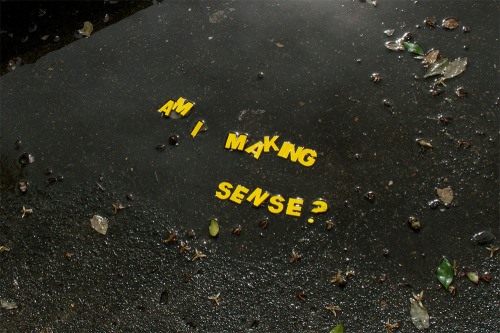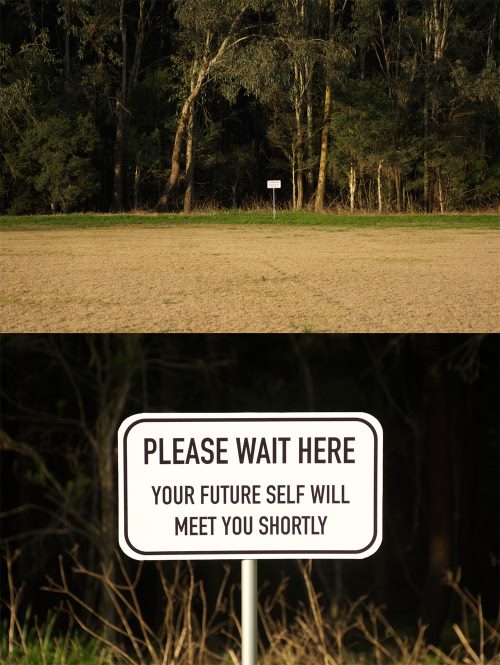Politicians reject evidence that conflicts with their beliefs
Casper Dahlmann and Niels Bjørn Petersen in the WaPo:
We conducted a survey of 954 Danish local politicians. […] We then divided the politicians into two groups. One group got the data — but without any information as to whether the school was public or private. The schools were just labeled “School A” and “School B.” The other group got the exact same data, but instead of “School A” and “School B,” the schools’ titles were “Public School” and “Private School.”
If politicians are influenced by their ideologies, we would expect that they would be able to interpret the information about “School B” and “School A” correctly. However, the other group would be influenced by their ideological beliefs about private versus public provision of welfare services in ways that might lead them to make mistakes.
This is exactly what we found. Most politicians interpreting data from “School A” and “School B” were perfectly capable of interpreting the information correctly. However, when they were asked to interpret data about a “Public School” and a “Private School” they often misinterpreted it, to make the evidence fit their desired conclusion.
Citizen Khan
Behind a Muslim community in northern Wyoming lies one enterprising man—and countless tamales.
Kathryn Schulz (of “The Really Big One”) knocks another one out of the park.
Economics of AI
On 13-14 September, 2017, we held our inaugural conference in Toronto to set the research agenda on The Economics of AI.
Paper presentations are good, but holy shit the comments are amazing.
Check the conference site for the papers and slides.
Cognition Builders: Extreme Parenting For The One Percent
Kim Brooks in The Cut:
The company was called Cognition Builders, and Harris explained that they would send people to a family for a period of weeks to observe everyone’s behavior and to figure out how parents could get better control over their kids. The people they sent were called “family architects.” They’d move in with a family for months at a time, immersing themselves in their routines and rituals. The family architects were the foot soldiers in the Cognition Builders team, but the most critical part of the company’s strategy involved the installation of a series of Nest Cams with microphones all around the house, which enabled round-the-clock observation and interaction in real time. At the end of each day, the architects would send the parents extensive emails and texts summarizing what they’d seen, which they’d use to develop a system of rules for the family to implement at home. Over time, the role of the family architects would evolve from observing to enforcing the rules.
One line that stood out to me was a throwaway from the writer about being a combo of life-coaching with Amazon Echo. But, think for a minute what life is like when the AI’s can parent like this. Robo-nannies will change the world.
How Washington Made Harvey Worse
Michael Grunwald in Politico:
Hurricane Harvey was a disaster foretold.
Nearly two decades before the storm’s historic assault on homes and businesses along the Gulf Coast of Texas this week, the National Wildlife Federation released a groundbreaking report about the United States government’s dysfunctional flood insurance program, demonstrating how it was making catastrophes worse by encouraging Americans to build and rebuild in flood-prone areas.
Inside the C.E.O. Rebellion Against Trump’s Advisory Councils
Before they could make a statement announcing their decision, however, Mr. Trump spoke. He had caught wind of their planned defection and wanted to have the last word. Taking to Twitter, he wrote: “Rather than putting pressure on the businesspeople of the Manufacturing Council & Strategy & Policy Forum, I am ending both. Thank you all!”
You can’t quit, you’re fired!
Is it fair to say that most social programmes don't work?
Lots of government and charity programmes aim to improve education, health, unemployment and so on. How many of these efforts work?
The vast majority of social programs and services have not yet been rigorously evaluated, and…of those that have been rigorously evaluated, most (perhaps 75% or more), including those backed by expert opinion and less-rigorous studies, turn out to produce small or no effects, and, in some cases negative effects.
This estimate was made by David Anderson in 2008 on GiveWell’s blog. At that time, he was Assistant Director of the Coalition for Evidence-Based Policy.
This has become a widely-quoted estimate, especially in the effective altruism community, and often gets simplified to “most social programmes don’t work”. But the estimate is almost ten years old, so we decided to investigate further. We spoke to Anderson again, as well as Eva Vivalt, the founder of AidGrade, and Danielle Mason, the Head of Research at the Education Endowment Foundation.
We concluded that the original estimate is reasonable, but that there are many important complications. It seems misleading to say that “most social programmes don’t work” without further clarification, but it’s true that by focusing on evidence-based methods you can have a significantly greater impact.
Warm Tofu and Fresh Soybeans Cooked in Salted French Butter
Gabrielle Hamilton in NYT, paywalled, so linked via Archive.is:
There are three pretty joyful projects here that reward not only the pleasure-driven eater but the scientifically curious mind as well. Making soy milk, making soft tofu, and making a savory caramel sauce (not sweet like the one you’re probably accustomed to, but vinegary and spicy) are all as easy as those beginner science projects we remember from grade school (growing marigolds or sprouting avocado pits) and equally as wondrous.
Minimum Wage and Restaurant Hygiene Violation: Evidence from Food Establishments in Seattle by Subir Chakrabarti, Srikant Devaraj, Pankaj Patel
No free lunch, hygiene edition:
We assess the effects of rise in minimum wages on hygiene violation scores in food service establishments. Using a difference-in-difference analysis on hygiene rating of food establishments in Seattle [where minimum wage increased annually between 2010 and 2013] as the treated group and from New York City [minimum wage was constant] as the control group, we find an increase in real minimum wage by $0.10 increased total hygiene violation scores by 11.45 percent. Consistent with our theoretical model, an increase in minimum wage in Seattle has no influence in more severe (red) violations, and a significant increase in less severe (blue) violations. Our findings are consistent while using an alternate control group - Bellevue City, King County, located near Seattle.
Ben Sasse on the Space between Nebraska and Neverland
Tyler interviews Ben Sasse:
I do think that one of the things we misunderstand about our politics — maybe I’ve two things that I think we misunderstand about our politics.
One, most of our political problems are downstream from culture, and we keep acting like we’ll be able to fix our politics with politics, and I don’t really think we can because our politics are a mess because we don’t understand where we are in economic history: this transition from industrialization to whatever the digital economy looks like, and therefore shorter and shorter average duration of jobs, and therefore a transition from villages and urban ethnic neighborhoods where there was known, dense social networks to this new thing.
We’ll produce new forms of social capital, but it might take half a century or a century, and it’s going to be really painful and disruptive as we go through this time.
NPR Tweeted The Declaration Of Independence And Some Trump Supporters Were Offended
Julia Reinstein at Buzzfeed:
In celebration of the 4th of July, National Public Radio tweeted out the Declaration of Independence in a series of more than 100 tweets on Tuesday.
I am amused by Buzzfeed’s slug: we-hold-these-alternative-truths-to-be-self-evident


